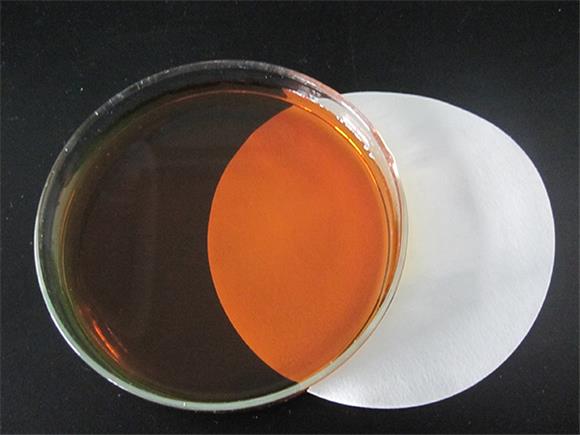
News
Oct . 09, 2024 01:28 Back to list
Nutrient Requirements for Healthy Tomato Plant Growth and Development
Understanding Micronutrients for Tomato Plants A Guide for Growers
Tomatoes are a staple in many gardens and farms around the world, known not just for their flavor but also for their nutritional value. However, cultivating healthy and productive tomato plants requires more than just fertile soil and adequate watering. Understanding and managing micronutrients is vital for ensuring robust growth and high yields.
What are Micronutrients?
Micronutrients are essential elements that plants require in smaller quantities than macronutrients (nitrogen, phosphorus, and potassium). They play crucial roles in various physiological functions and development processes. For tomato plants, specific micronutrients are particularly important, including boron, copper, iron, manganese, molybdenum, and zinc.
Key Micronutrients for Tomato Plants
1. Boron (B) Essential for cell wall formation and reproductive health, boron influences flower and fruit development. A deficiency can result in poor fruit set and blossom drop.
2. Copper (Cu) Copper is involved in photosynthesis and respiration. It also plays a critical role in the formation of lignin, which strengthens plant tissues. Deficiency symptoms include stunted growth and wilting.
3. Iron (Fe) Vital for chlorophyll synthesis, iron deficiency often manifests as interveinal chlorosis, where the leaf veins remain green while the spaces between turn yellow. This nutrient also assists in energy transfer within the plant.
micronutrients for tomato plants manufacturer

4. Manganese (Mn) This nutrient is crucial for photosynthesis and enzyme activity. Insufficient manganese can lead to yellowing between the leaf veins, similar to iron deficiency, making it essential to monitor this micronutrient.
5. Molybdenum (Mo) Although required in very small amounts, molybdenum is important for nitrogen fixation and the synthesis of certain enzymes. Deficiency can impair nitrogen metabolism.
6. Zinc (Zn) Zinc is key for growth hormone production and enzyme function. A deficiency often leads to stunted growth, reduced leaf size, and visible leaf discoloration.
Managing Micronutrients
To ensure tomato plants receive adequate micronutrients, soil testing is essential. This process provides valuable information about existing nutrient levels and helps in making informed decisions regarding fertilization. Various fertilizers are available that can supply these micronutrients, and it's crucial to follow application guidelines to avoid toxicity.
Organic options, such as compost and well-rotted manure, can also supply micronutrients while improving soil health. Additionally, foliar sprays provide a quick and effective way to address deficiencies if symptoms are already present.
Conclusion
Micronutrients are the unsung heroes of tomato cultivation, often overlooked but immensely impactful on plant health and productivity. Understanding the specific needs of tomato plants regarding these essential nutrients can improve crop quality and yield. By regularly testing soil, selecting appropriate fertilizers, and monitoring plant health, growers can ensure their tomato plants thrive and deliver bountiful harvests filled with flavor and nutrition. As awareness of micronutrient management grows, so too will the success of tomato cultivation, making it a rewarding endeavor for farmers and gardeners alike.
-
Polyaspartic Acid Salts in Agricultural Fertilizers: A Sustainable Solution
NewsJul.21,2025
-
OEM Chelating Agent Preservative Supplier & Manufacturer High-Quality Customized Solutions
NewsJul.08,2025
-
OEM Potassium Chelating Agent Manufacturer - Custom Potassium Oxalate & Citrate Solutions
NewsJul.08,2025
-
OEM Pentasodium DTPA Chelating Agent Supplier & Manufacturer High Purity & Cost-Effective Solutions
NewsJul.08,2025
-
High-Efficiency Chelated Trace Elements Fertilizer Bulk Supplier & Manufacturer Quotes
NewsJul.07,2025
-
High Quality K Formation for a Chelating Agent – Reliable Manufacturer & Supplier
NewsJul.07,2025
